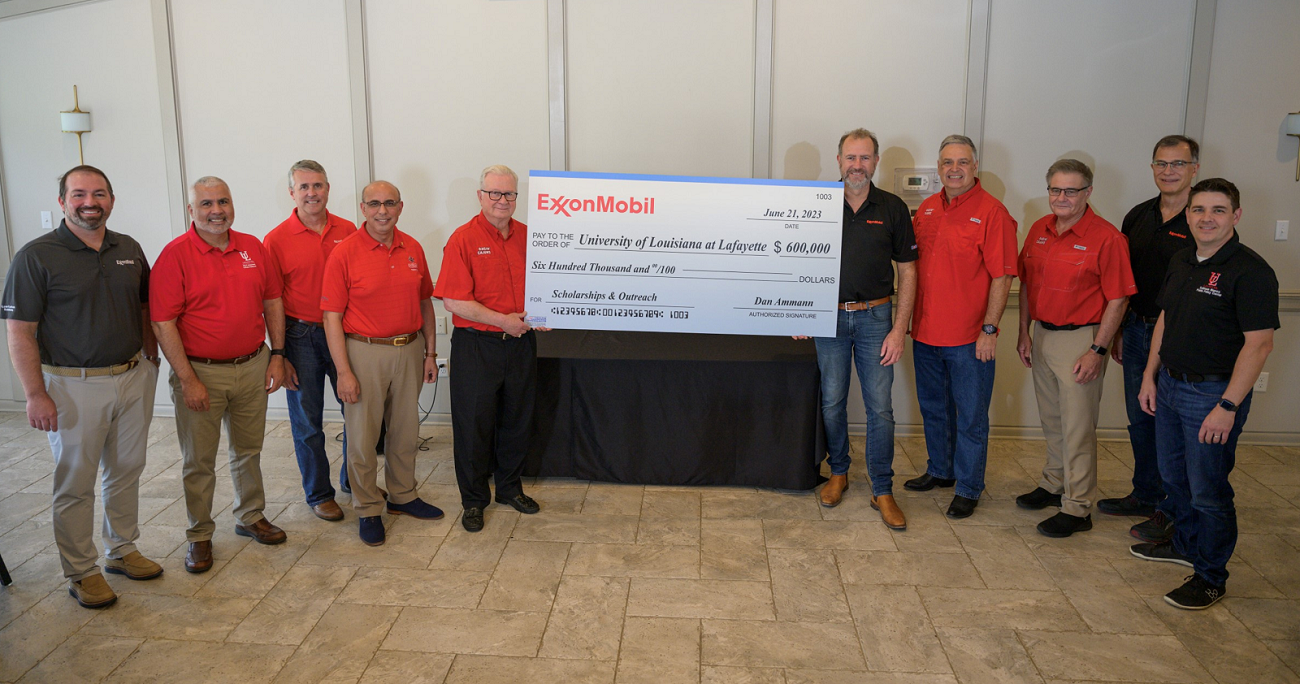The Singapore government is teaming up with a consortium led by ExxonMobil and Shell to explore the feasibility of a cross-border carbon capture and storage (CCS) project. Second Minister for Trade and Industry, Tan See Leng, announced the ambitious plan to start the project by 2030.
Carbon Capture and Storage Overview
CCS is a method that involves capturing, transporting, and storing carbon dioxide to prevent its release into the atmosphere. Business Times noted that the partnership aims to assess the technical and economic viability of consolidating carbon dioxide emissions in Singapore and identifying suitable CO2 storage locations with regional collaborators.
Collaboration with Indonesia and Emission Reduction Goals
Reuters reported that Singapore and Indonesia have recently signed a Letter of Intent to establish a workgroup focusing on CCS collaboration. The joint effort aims to plan and execute a CCS project capable of capturing and securely storing a minimum of 2.5 million tons of CO2 annually.
The consortium, known as S Hub, will lead in developing the project. They will closely collaborate with the government to evaluate the feasibility of a cross-border initiative from Singapore, engaging with potential service providers to integrate their solutions into the CCS value chain.
Government Engagement and Decarbonisation
Singapore's Ministry of Trade and Industry (MTI) will liaise with local emitters to explore their involvement in the project. CCS is one of the key decarbonization strategies being pursued by Singapore, alongside investments in low-carbon energy alternatives.
As part of the Low-Carbon Energy Research Programme, S$55 million will support 16 projects to advance decarbonization efforts. This includes initiatives such as the Directed Hydrogen Programme (DHP) and the Emerging Technology Grant Call (ETGC), focusing on hydrogen-related technologies and advanced catalysts.
The DHP projects will concentrate on hydrogen and ammonia safety standards, ammonia utilization, and hydrogen distribution. The successful outcomes of these projects could accelerate the technical and commercial feasibility of hydrogen-related technologies.
Research and Innovation in Low-Carbon Energy
The ETGC projects will explore research avenues in low-concentration carbon capture, advanced ammonia processing catalysts, and hydrogen pipeline coatings. These innovations are poised to broaden Singapore's technological solutions for a sustainable energy future.
Photo: ExxonMobil Newsroom



 Global PC Makers Eye Chinese Memory Chip Suppliers Amid Ongoing Supply Crunch
Global PC Makers Eye Chinese Memory Chip Suppliers Amid Ongoing Supply Crunch  Nvidia, ByteDance, and the U.S.-China AI Chip Standoff Over H200 Exports
Nvidia, ByteDance, and the U.S.-China AI Chip Standoff Over H200 Exports  Once Upon a Farm Raises Nearly $198 Million in IPO, Valued at Over $724 Million
Once Upon a Farm Raises Nearly $198 Million in IPO, Valued at Over $724 Million  SoftBank Shares Slide After Arm Earnings Miss Fuels Tech Stock Sell-Off
SoftBank Shares Slide After Arm Earnings Miss Fuels Tech Stock Sell-Off  OpenAI Expands Enterprise AI Strategy With Major Hiring Push Ahead of New Business Offering
OpenAI Expands Enterprise AI Strategy With Major Hiring Push Ahead of New Business Offering  Australian Scandium Project Backed by Richard Friedland Poised to Support U.S. Critical Minerals Stockpile
Australian Scandium Project Backed by Richard Friedland Poised to Support U.S. Critical Minerals Stockpile  Prudential Financial Reports Higher Q4 Profit on Strong Underwriting and Investment Gains
Prudential Financial Reports Higher Q4 Profit on Strong Underwriting and Investment Gains  TSMC Eyes 3nm Chip Production in Japan with $17 Billion Kumamoto Investment
TSMC Eyes 3nm Chip Production in Japan with $17 Billion Kumamoto Investment  Nasdaq Proposes Fast-Track Rule to Accelerate Index Inclusion for Major New Listings
Nasdaq Proposes Fast-Track Rule to Accelerate Index Inclusion for Major New Listings  FDA Targets Hims & Hers Over $49 Weight-Loss Pill, Raising Legal and Safety Concerns
FDA Targets Hims & Hers Over $49 Weight-Loss Pill, Raising Legal and Safety Concerns  Rio Tinto Shares Hit Record High After Ending Glencore Merger Talks
Rio Tinto Shares Hit Record High After Ending Glencore Merger Talks  Ford and Geely Explore Strategic Manufacturing Partnership in Europe
Ford and Geely Explore Strategic Manufacturing Partnership in Europe  Instagram Outage Disrupts Thousands of U.S. Users
Instagram Outage Disrupts Thousands of U.S. Users  CK Hutchison Launches Arbitration After Panama Court Revokes Canal Port Licences
CK Hutchison Launches Arbitration After Panama Court Revokes Canal Port Licences  Baidu Approves $5 Billion Share Buyback and Plans First-Ever Dividend in 2026
Baidu Approves $5 Billion Share Buyback and Plans First-Ever Dividend in 2026  AMD Shares Slide Despite Earnings Beat as Cautious Revenue Outlook Weighs on Stock
AMD Shares Slide Despite Earnings Beat as Cautious Revenue Outlook Weighs on Stock  Nvidia Nears $20 Billion OpenAI Investment as AI Funding Race Intensifies
Nvidia Nears $20 Billion OpenAI Investment as AI Funding Race Intensifies 





























